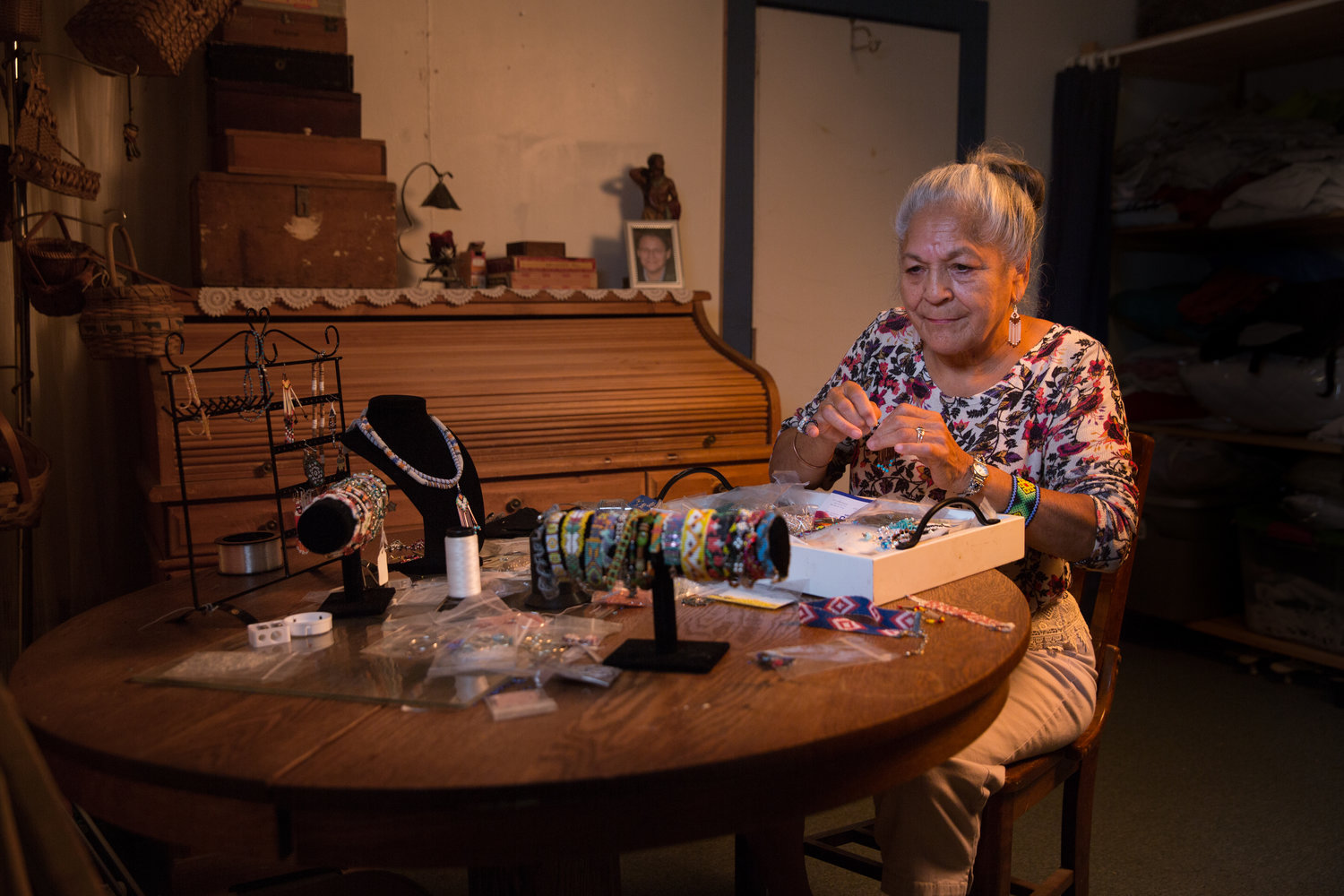Dear Georgina
“When I was 30 years old and I went back to the reservation this Indian lady told me, ‘You look exactly like your mother as a young person.’ So that made me feel special, made me feel real.”
Synopsis
At age two Georgina Sappier-Richardson was removed from her home and Passamaquoddy community in Downeast Maine by child protection services. She would never see her parents again. Terror and abuse followed over 16 years in four different foster homes. Dear Georgina follows this Passamaquoddy elder from Motahkomikuk as she tries to fill in the blurry outlines of her identity.
Dear Georgina, part of our Dawnland film series, follows Georgina as she tells her harrowing story of surviving foster care. Georgina is just one of many thousands of Indigenous children with similar stories.
dear georgina Trailer
How can I watch dear georgina?
We offer a number of different ways to view our films so you can choose the option that suits your needs best:
“Thank you for keeping the history and indigenous knowledge alive. As a 30-year educator, and father to a five-year-old, I completely support this idea that our education must include indigenous and other sacred ways of knowing. Thank you so much for speaking and advocating for this vital and wise suggestion.”
Meet the dear georgina filmmaking team
Co-directors: Adam Mazo and Ben Pender-Cudlip
Producers: Adam Mazo, Tracy Rector, N. Bruce Duthu (Houma)
Editor: Kristen Salerno
Composer: Kayla Briët (Prairie-Band Potawatomi)
Learning Director: Mishy Lesser, Ed.D.
Senior Adviser: Chris Newell (Passamaquoddy)
Reflect more deeply on Dear georgina
The Dear Georgina Viewer’s Guide helps teachers understand how historical and intergenerational trauma influence the emotional lives of children and young people. It also links Georgina's story to the more recent separation of children from their families at international borders.














